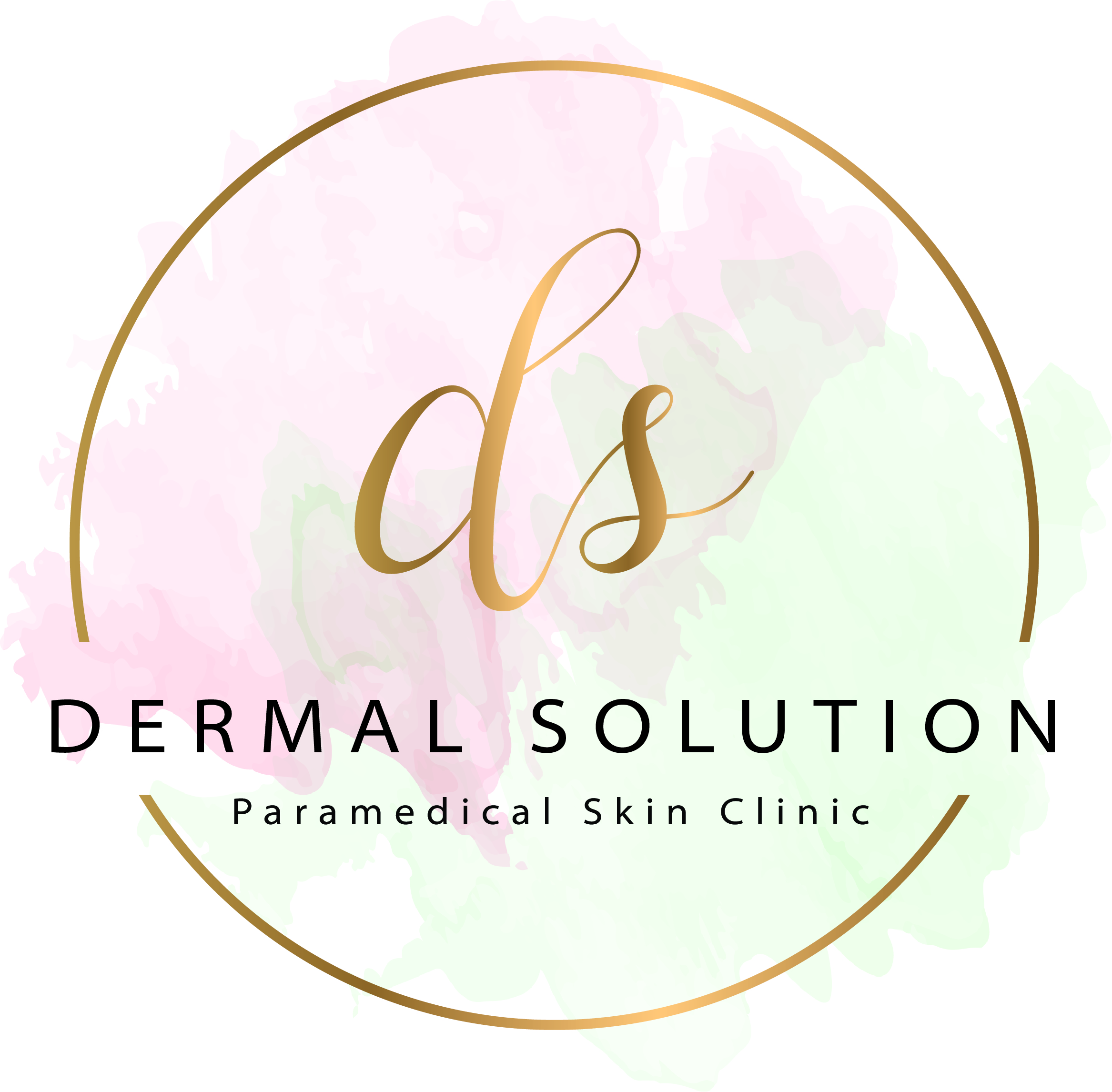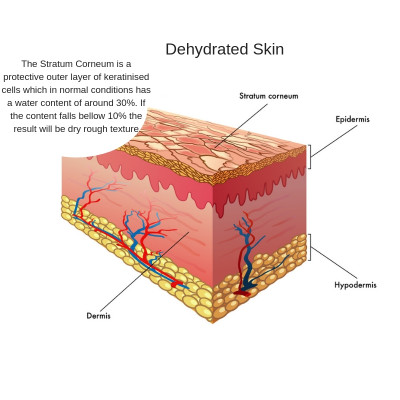Our skin really is so amazing… It has many roles including protection, it detects sensations to transmit information to the brain about our environment, it aids in temperature regulation, allows us to synthesis Vitamin D following exposure to the sun, excrete toxins through the pores and offers a defense to the constant exposure of pathogens such as bacteria and viruses.
The skin as a living organ is made up of several different types of cells that all have an important function to keep us and our skin healthy. Even the cells on the outermost layer that we refer to as “dead” and will shortly fall away from our skins surface still play an important role and have the ability to communicate to the lower living layers.
This outer layer known as the Stratum Corneum has the ability to control the rate at which the epidermis reproduces new cells. When the Stratum Corneum becomes too thick and is not shedding quick enough the message will be to slow down reproduction of new fresh cells, that means cells will be present within our skin layers for longer leading to the cells becoming larger and irregular, this causes thinner more translucent skin that is more prone to breaks in the skin, irritation , reactions and infection. The surface appears dull and becomes rough in texture, there may be redness and the appearance of blackheads. Pigmentary changes such as age spots become more visible and the skin becomes drier due to the lack of key lipids that are normally gained through the continued break down of skin cells which has now been slowed.
Wow all this trouble because there was a build up of “dead” skin cells.
So what went wrong? The answer will surprise you I think.
In most cases the culprit will be dehydration within the skin layers, this is because our skin naturally contains specialised enzymes that help to unlock the bonds known as desmosomes that hold these dried out old cells together allowing them to be shed off when the time is right. The issue is that these enzymes need water to work, without the water they remain inactive and we retain the build up of dead cell material for longer.
This is an interesting condition, as even those who do not have a true dry skin will complain of dry skin when experiencing the effects of dehydration. So often someone whose skin type is oily will complain that they have “dry skin” but in fact they actually have a barrier issue and thickened Stratum corneum due to the lack of free water molecules within the epidermis to wake up the enzymes. True dry skin does not produce oil or very little oil from the sebaceous glands and is genetic.
What can we do?
Drinking more water will only make a small difference, what is really needed is to give the skin the tools to maintain its own water reservoir and we do this by helping it to form a healthy acid mantle that helps lock in the free water molecules that are suspended through the skin layers.
Moisturise your skin from within with lots of healthy fats, namely Essential Fatty Acids which allow for a better quality cell membrane which will later be broken down and form part of an integral part of your acid mantle. Include lots of oily fish such as sardines and salmon, nuts, coconut oil, grass feed meat and avocado in your diet and source a good quality EFA supplement such as our EFA Ultra by DMK or Miss Vitality Good Oil to increase levels.
Avoid alcohol based skin products and harsh foaming cleansers that strip the skin of much needed oils. Give the skin a helping hand topically by using gentle enzymes to dissolve the build up of dead cells and then use a good quality Hyaluronic Acid serum that helps to hold water in the skin finished with a good quality hydrator that will help lock in the moisture such as my favourite Comfort Cream from O Cosmedics if you have lipid dry skin or for those prone to a more oily or problematic complexion I would suggest Acu Cream by DMK both of which, will give a topical dose of EFA’s direct to the skin where you need it.
When we give the cells what they need they have the ability to repair and restrengthen. Redness will reduce, texture will become smoother, skin will be more resistant to irritations and infection, blackheads may reduce and the skin will have more bounce and a healthy glow.
I hope you enjoyed this article, if you have any questions about your skin please don’t hesitate to ask here by leaving a comment.
Don’t forget to Like us on Facebook, or Follow us on Instagram.

